- Tags:
- beatbox / Buddhist / Buddhist monk / Heart Sutra / Yogetsu Akasaka
Related Article
-
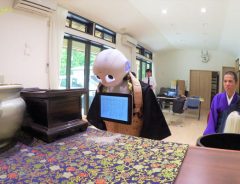
Beloved Japanese Robot Pepper Is Now Performing Funeral Services
-

Renting an Official Anime Car Made Our Love Live! Sunshine!! Pilgrimage Sensational!!!
-
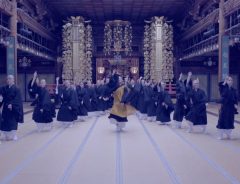
Japanese Buddhist priest dances to EDM in striking commercial for ramune candy
-

Kawaii in the Afterlife: The Playfully Religious Art of Japanese Illustrator Hasuimo
-
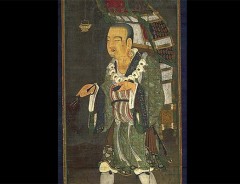
Buddhist “Heart Sutra” Is Hard To Decipher – But This ‘Rock Music’ Version Makes It Accessible!
-
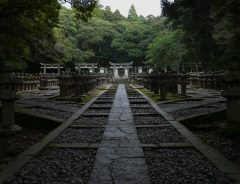
Walk among the tombs of the Mōri warlords at Tōkōji Temple
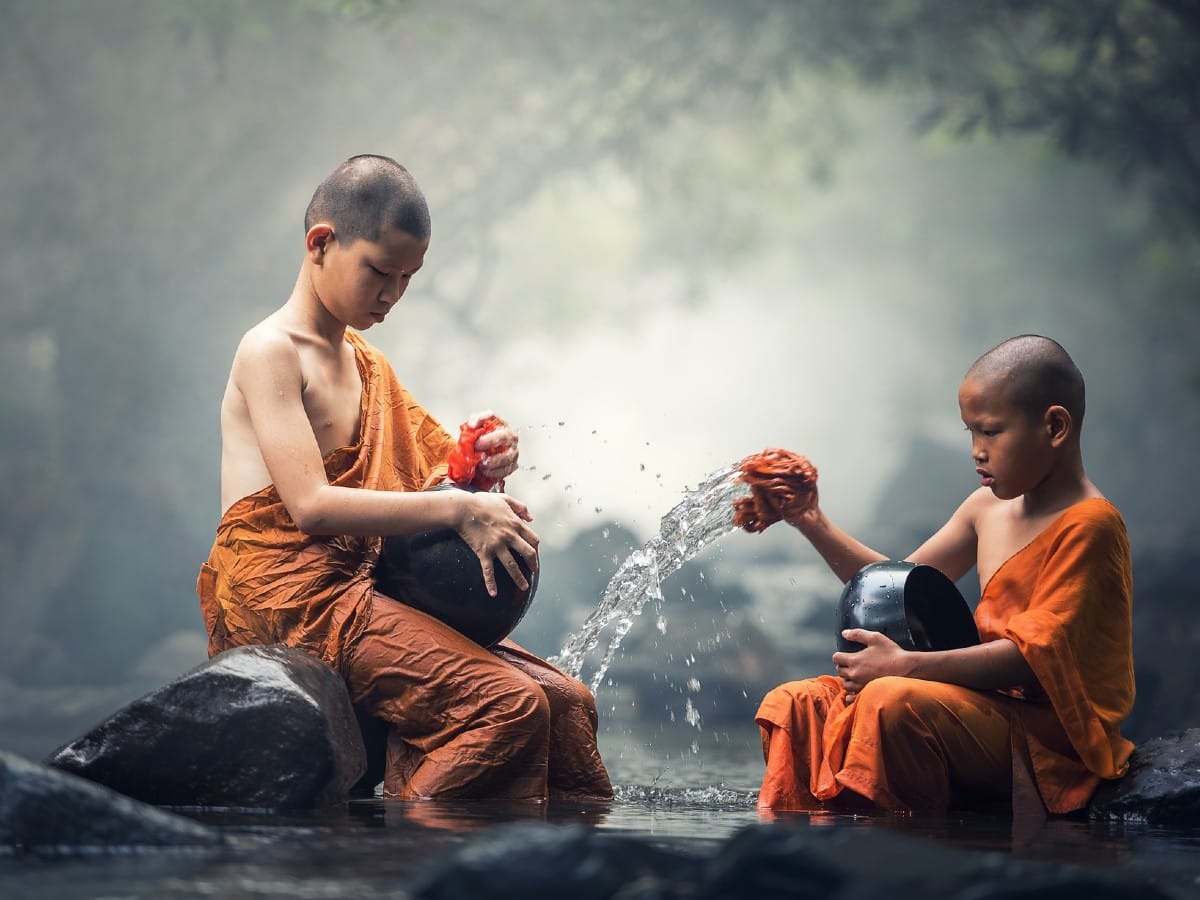


It can be challenging to glean a clear understanding of spirituality in Japan. Before I moved to the island nation, I envisioned countless monks partaking in elaborate Buddhist ceremonies and endless congregations praying routinely at shrines. I also imagined many residents practicing zen meditation at home and sutra chanting a familiar sight...or sound.
This does, of course, happen, but certainly not on the scope I initially imagined. According to the Independent, Japan is one of the most atheist countries in the world with somewhere between 30 to 39 percent of citizens responding that they are convinced atheists. They are surpassed only by China where the Communist Party is has actively advanced antireligious campaigns.
Nevertheless, Japanese acquaintances soon expanded my view of religion in their country by explaining their own experiences. They described the family traditions they practice, based in spirituality, but explained they only rarely attended religious ceremonies or visited shrines. A retired businessman also explained that the Japanese way of life is infused with a sense of spirituality, which effectively takes the place of Sunday church services and the like. Whether or not others would agree with him is unclear, but having lived in the country for a time, I can easily understand his point of view.
Buddhist beatboxing
That said, there are undoubtedly religious communities thriving across Japan. Zen Buddhist temples still attract pilgrims during non-pandemic times, and countless visitors flock to World Heritage shrines periodically throughout a typical year.
Anyone in need of convincing need only consider Mt. Koya, a significant pilgrimage site of Japanese Esoteric Buddhism. During regular times, the settlement welcomes countless visitors from across the world. For a good reason, too: the World Heritage Site is home to numerous famous sites such as temples as well as delicious vegetarian cuisine.
On the other hand, other monks rely on more high-tech means of spreading their faith. Take, for example, YouTuber Yogetsu Akasaka who is based in Tokyo. The Japanese Zen Buddhist monk has released several digital-music-inspired installations of sutras and mantras. For starters, check out his remix of the Heart Sutra:
As you can see, the video is quite captivating despite the simple looping set up employed. Yogetsu creates a beat and overlays a harmony that incorporates throat-singing. The sutra, chanted rhythmically on top of other layers, makes for a catchy pop hook. While I can hardly decipher his words, here is a translation of the sutra provided by holymtn.com:
"When Avalokitesvara Bodhisattva is practicing the profound Prajna-paramita,
He sees and illuminates the emptiness of the five skandhas, and
Thus attains deliverance from all suffering.
Sariputra, matter is not different from emptiness, and
Emptiness is not different from matter.
Matter is emptiness and emptiness is matter.
So too are sensation, recognition, volition and consciousness.
Sariputra, the emptiness character of all dharmas,
neither arises nor ceases, is neither pure nor impure, and
neither increases nor decreases.
Therefore, in emptiness: there is no matter,
no sensation, recognition, volition or consciousness,
no eye, ear, nose, tongue, body, or mind,
no sight, sound, scent, taste, tangibles, or dharma,
no field of the eye up to no field of mental consciousness,
no suffering, no cause of suffering,
no ending of suffering, and no path,
no wisdom and also no attainment.
Because there is nothing obtainable.
Bodhisattvas through the reliance on Prajna-paramita
Have no attachment and hindrance in their minds.
Because there is no more attachment and hindrance,
There is no more fear, and
Far away from erroneous views and wishful-thinking,
Ultimately: The Final Nirvana.
Therefore, realize that Prajna-paramita
is the great wondrous mantra,
the great radiant mantra,
the unsurpassed mantra, and
the unequalled mantra.
It can eradicate all suffering, and
It is genuine and not false.
Therefore, utter the Prajna-paramita mantra –
Chant: Gate Gate Paragate Parasamgate Bodhisvaha! "
All in all, viewers were impressed. The video has amassed millions of views and thousands of likes and comments.
Some viewers reacted:
Sure enough, Yogetsu content is catchy. The monk also hosts several longer jams and live sessions on his channel. They are a bit more chill and fun to space out to, say, while working or studying. See, for example, this jaw harp remix:
Pretty chill.
If you like Yogetsu’s music, be sure to check out his YouTube channel for more. Enjoy!